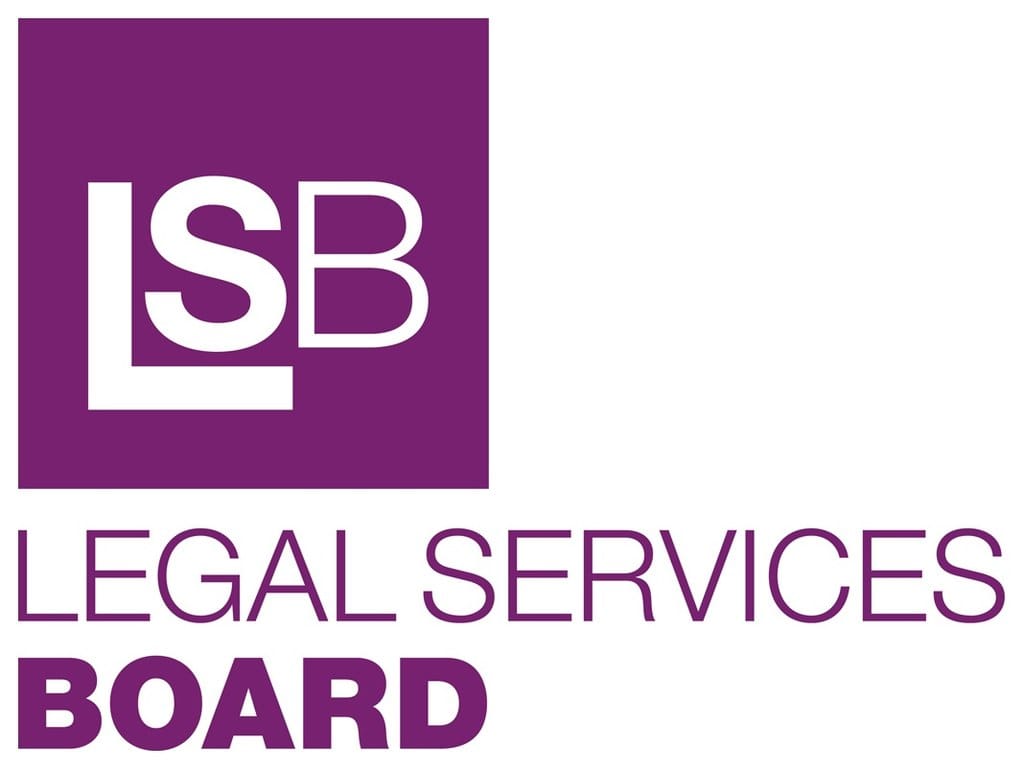The Legal Services Board launches new consumer protection plan amid growing sector risks
The Legal Services Board (LSB) has launched a new consumer protection programme focused on volume litigation, consolidator law firms and unregulated legal service providers.
The oversight regulator said there was “clear evidence” of risks to consumers arising from the “dramatic growth” in volume litigation in recent years, highlighting cases such as SSB Law as examples of the trend.
The LSB noted significant public, parliamentary and political interest in the issue, pointing to a ministerial roundtable on mass claims held in June 2025, the Supreme Court ruling on motor finance claims and new government policy under development by the Ministry of Housing, Communities and Local Government to address “claims farming” in housing disrepair cases following the introduction of Awaab’s Law.
In a paper on consumer protection approved by its board last month, the LSB said it would continue to support the Civil Justice Council’s (CJC) recommendation that the Financial Conduct Authority (FCA) regulate all litigation funding as a form of loan to create “a single and cohesive regulatory framework”.
Embed from Getty Images
It agreed with the CJC that, in cases of portfolio funding used by firms such as SSB Law, the FCA and the Solicitors Regulation Authority (SRA) should develop a “co-regulation” approach.
The LSB said it would also consider using its statutory powers to obtain information from frontline regulators to assess whether existing frameworks adequately protect consumers from “unfair or misleading funding arrangements”.
The paper stated that legal regulators should be held accountable for ensuring that all firms engaging with third-party litigation funders meet their obligations and maintain high standards of client care.
The LSB said it would use its market intelligence function to analyse “whether and to what extent the potential misalignment of incentives between funders and law firms is creating risks to consumers”.
Addressing the rise of consolidator, or “accumulator”, law firms, the LSB said the growing number of mergers in the sector presented new risks, particularly where client files were transferred in bulk. It warned that collapses such as Axiom Ince had demonstrated the harm that consumers could suffer when large firms fail.
The regulator noted that the alternative business structure (ABS) model, which allows private equity investment, had increased the potential for risk. Firms acquired for investment purposes could face greater viability challenges, particularly if investors retain the ability to withdraw funding at short notice or prioritise short-term gains over sustainable growth.
It also warned that an excessive focus on rapid profitability could undermine investment in compliance and quality, increasing the likelihood of law firm closures.
In response, the LSB said it would monitor trends in law firm mergers and acquisitions, collecting intelligence to identify emerging risks.
The programme also addresses the unregulated legal services market. The LSB said it would explore the introduction of voluntary standards to improve quality in unregulated services and conduct consumer research to understand public expectations of artificial intelligence and online legal tools.
The regulator said it would examine whether regulation remains “targeted where there is greatest risk of harm to consumers”.
“In light of the increase in the use of unregulated services and AI, it may be timely to review the current reserved legal activities,” the LSB said.
Under section 24 of the Legal Services Act, the Lord Chancellor has the power to add new legal activities to the list of reserved legal functions based on a recommendation from the LSB.
